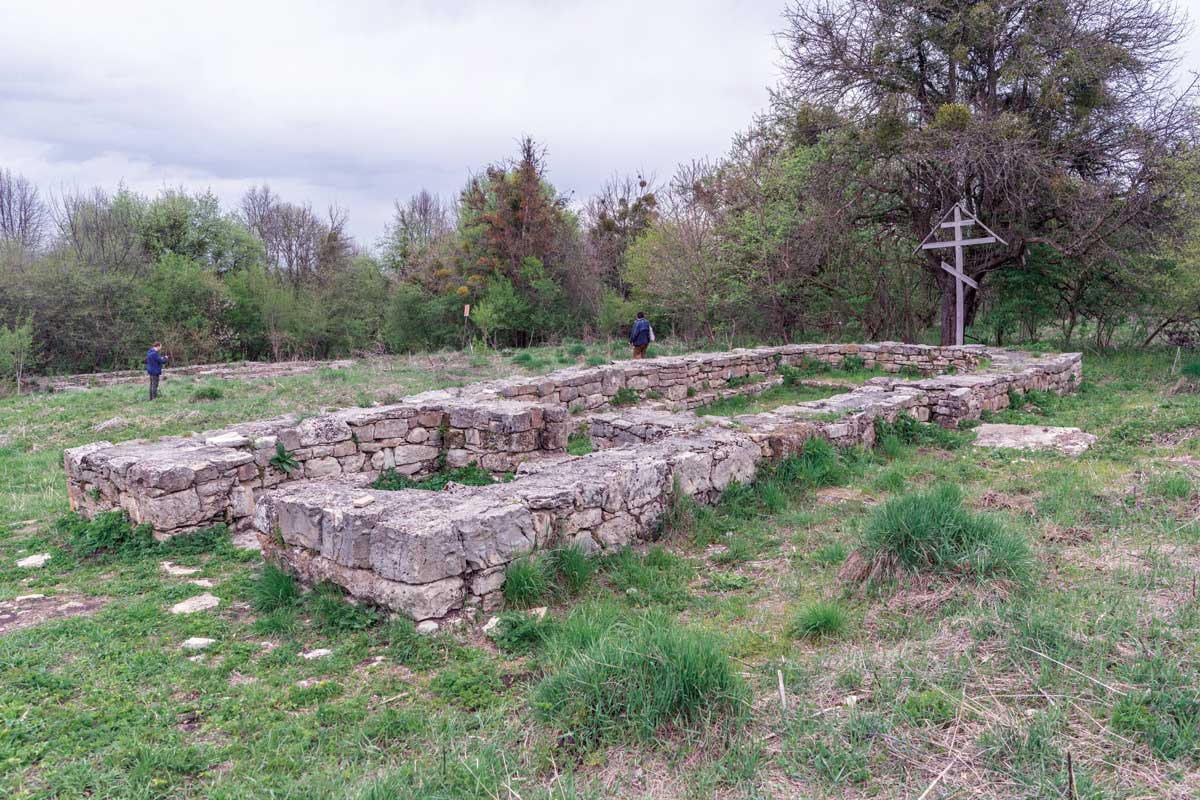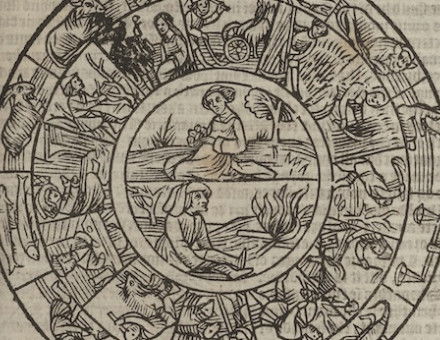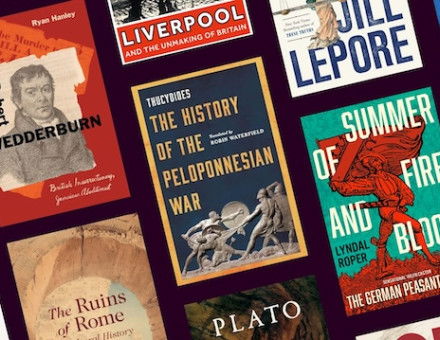A Lost City in the North Caucasus
The identification of Magas, capital of the medieval Kingdom of Alania, reveals a civilisation forged by global interconnections.

For practically all of its recorded history, the North Caucasus has been caught between empires. In the seventh and eighth centuries, the Arab caliphates fought the Turkic Khazar khaqanate for control of its strategic mountain passes, key choke points along the Silk Roads. In the 18th, 19th and early 20th centuries British agents sought to limit the Russian Empire’s expansion towards the Ottoman Empire and Persia. Today Chechen nationalists and jihadists continue to contest Russia’s control of the region and its oil and gas resources.
These empires have projected their own perceptions on to the peoples of the North Caucasus. During Russia’s 19th-century conquest, Pushkin, Lermontov and Tolstoy’s experiences helped shape Russian Romanticism: their North Caucasians are wild and free, brave and savage, but above all isolated and divided by language, ethnicity and geography. However, the medieval city of Magas shows us how North Caucasians have at times come together to leave their own mark on the world.







